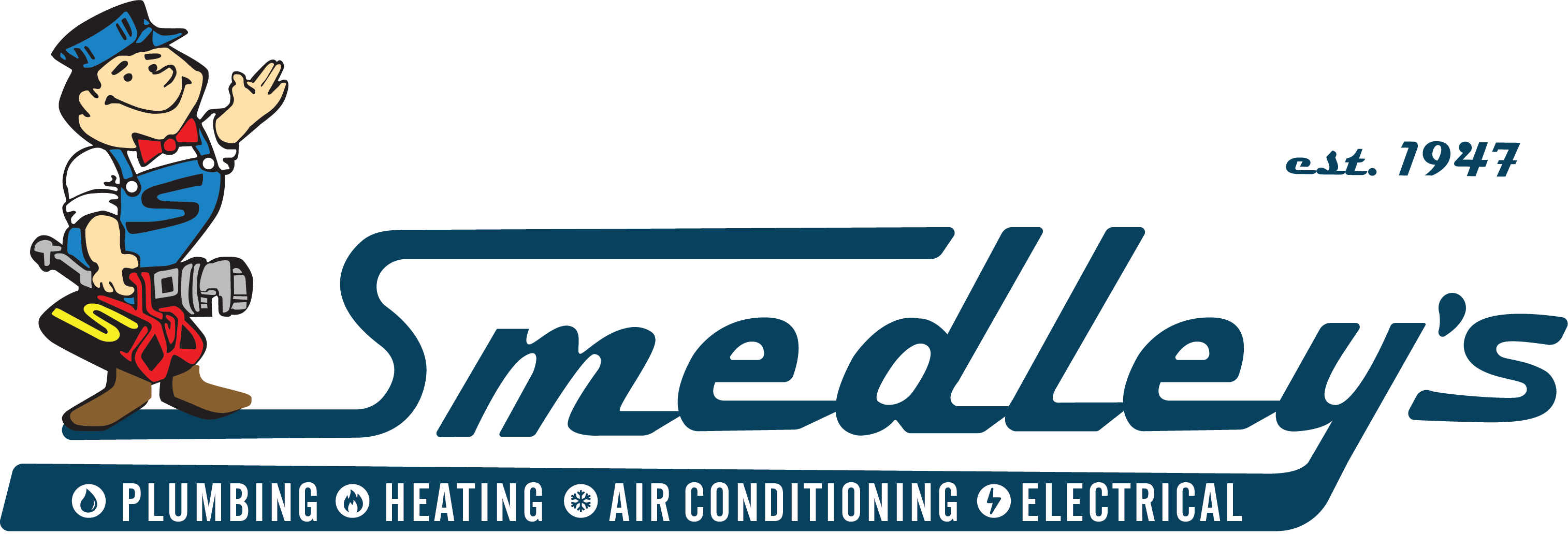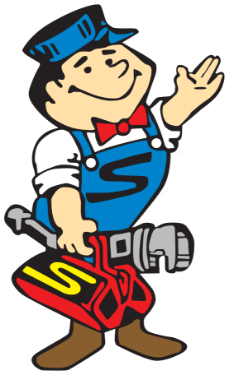
Heat pumps provide a high-efficiency and versatile HVAC system option that ensures year-round comfort for homes in Layton and the surrounding areas. Unlike traditional heating and cooling systems that rely on fossil fuel, heat pumps don’t burn any fuel, making them a more environmentally friendly choice. The big question then becomes how long you can expect to continue enjoying these benefits when you install a heat pump.
The average lifespan of a new heat pump is 15 years. However, several factors will influence the number of years of service you can expect to get out of your heat pump.
1. Type of Heat Pump
Ground source or geothermal heat pumps (GSHPs) have a longer lifespan than their air source heat pumps (ASHPs) counterparts. Expected lifespan is only one of several factors to consider as you choose between the two options.
The main system components of GSHPs are located underground or sheltered inside your home. The protection from the elements and other external disturbances ensures GSHPs don’t degrade fast. The underground geothermal units can last more than 50 years, while indoor units can last up to 25 years. On the other hand, constant exposure to the elements contributes to the faster degradation of ASHPs, with many lasting between 15 and 20 years.
2. Date of Manufacture
Thanks to technological advances, the newer and more modern heat pump models manufactured in the last few years can run more efficiently and have longer lifespans than older models. In other words, if all factors are constant, these newer models will reach the average expected lifespan more reliably than the older models. It will be interesting to see what new technologies will mean for the longevity of newer heat models yet to hit the market.
3. Product Quality
There is no denying that the product quality varies across different heat pump manufacturers. High-quality heat pumps, typically made by a reputable manufacturer, are often made of premier-grade, durable materials using advanced technologies and manufacturing processes. These heat pumps are designed and built to withstand heavy usage and the stress of constant cooling and heating cycles while maintaining efficiency. It’s only expected that these high-quality heat pumps would outlast their lower-quality counterparts with less efficient designs made from lower-quality materials and inferior manufacturing processes.
4. Quality of Installation
Improper installation can lead to several issues that will affect your heat pump’s durability. This is one of several reasons you should only trust a trained and experienced professional for your HVAC installation. An expert will follow the manufacturer’s guidelines and industry best practices to ensure your heat pump is correctly set up to perform optimally for a long time.
For example, disregarding proper clearance around the outdoor unit will force the unit to work harder to draw out enough heat. The unit will overheat with the extra strain and insufficient airflow, affecting its efficiency and longevity. Expert HVAC technicians will ensure enough clearance between the unit and anything obstructing airflow, such as the sides of your home and the fence.
5. Regular Maintenance
Regular maintenance is arguably the leading factor influencing your heat pump’s longevity. Filter replacement, coil inspection, and cleaning, checking refrigerant levels and pressure, and parts lubrication are among the maintenance tasks that will keep your heat pump in top shape. As with the installation, you cannot afford to get heat pump maintenance wrong. Schedule regular inspection and maintenance with an HVAC professional to add more years to your heat pump’s useful life.
Neglecting your heat pump’s maintenance will leave it running harder. You can expect frequent breakdowns and downtime. Rest assured that a poorly maintained heat pump will break down for good sooner than the expected average useful life.
6. Operating Conditions
Your location will impact how long your heat pump lasts. Your heat pump will have to consistently work harder if you live in an area where the temperatures regularly drop below the freezing point. The strain will take a toll on your unit, and you may have to look at a replacement sooner. Similarly, the salty atmosphere in coastal areas can cause your heat pump components to wear out faster.
Creating optimal operating conditions can contribute to extending your heat pump’s lifespan. Ensuring adequate ventilation for the pump’s outdoor unit and minimizing exposure to the elements by installing a protective shelter are some ways to create optimal conditions for your heat pump’s operation. You can expect your heat pump to last longer if it runs efficiently, as made possible by these optimal operating conditions.
7. Frequency of Use
Like any other machine, increased usage reduces your heat pump’s expected lifespan. The more you keep using the heat pump, the faster it wears out, and the sooner you need a replacement. Some of these problems result from poor installation practices, such as installing a heat pump that’s too small for the space.
Taking care of these issues at the installation stage will reduce your reliance on the heat pump, ensuring it doesn’t degrade too quickly. Considering factors such as the size of your home, the insulation levels, and the climatic conditions will help ensure you select a heat pump of the right size. A correctly sized heat pump will operate efficiently, and with proper maintenance, you can expect it to last longer.
8. Proper Usage
In addition to how frequently you use the heat pump, how you use it will affect its lifespan. You can add more years to your heat pump by optimizing its settings for local conditions and specific needs. Adjust the thermostat settings accordingly and find a place of balance to keep your spaces comfortable without overworking your heat pump. If your heat pump is not straining, you can expect it to last longer. Also, avoid changing the thermostat settings too frequently, as your heat pump will have to work harder to keep up, lessening its lifespan.
Similarly, ensure you use energy-saving settings when you are not at home. These settings will ensure your heat pump is not doing too much work when there is no need to. Energy-saving settings will save your heat pump from premature wear and tear and extend its lifespan.
Maximize Your Heat Pump’s Lifespan With Expert Help
Understanding the factors influencing your heat pump’s lifespan will help you make the right decisions regarding its installation, usage, and maintenance. Our HVAC specialists at Smedley Service have extensive experience spanning over seven decades and are equipped to install, maintain, and repair heat pumps properly. Our highly knowledgeable team will happily answer all your questions and share expert tips about selecting the right heat pump and how to use it so you can enjoy more years of useful life. Contact us today to get started on how to maximize your heat pump’s lifespan.
Our HVAC services include installing, repairing, and maintaining boilers, air conditioners, and furnaces. We also offer plumbing and indoor air services to residents in Layton and the surrounding areas.




